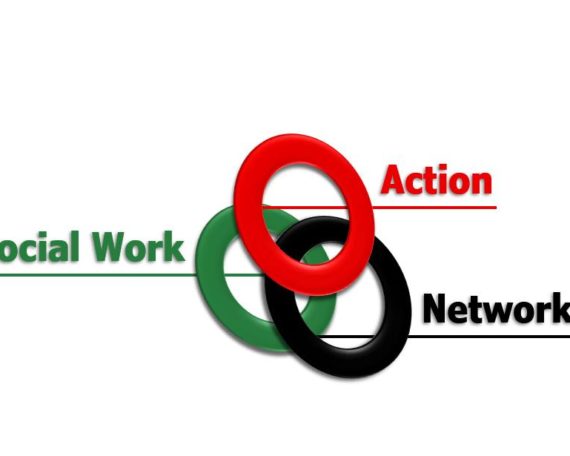It is against this backdrop that we are perplexed and dismayed by the decision of Southampton University to close their Professional Social Work Degree course. Southampton has always been a pioneer in social work education and is widely regarded as one of the most well respected centres of excellent for social work education in the UK and beyond.
We understand that a major reason for Southampton University in taking this decision is to concentrate on those courses and programmes that are deemed to be most effective in producing ‘high quality’ research. Whilst we are all in favour of research informed teaching, we feel the real reasons are more to do with economic reasons rather than research excellence alone.
We say such a strategy is both morally unfair and myopic in a business sense. Social work as an academic discipline in the UK has made enormous strides over the past two decades in building up a research base and it is now widely regarded by social work academics and professionals from other countries. This can be evidenced in the high concentration of high quality social work related academic journals and the disproportionately high number of social work books published in the UK. In a situation like this, it makes no sense to cut back education and research just as they are in the process of being taken much more seriously and considered alongside the more established vocational disciplines of medicine and law.

We are additionally concerned that, rather than being an isolated development, this closure is a sign of the times we living in as a result of Coalition Government’s plan to marketise Higher Education. The proposal which has caused the most immediate anger and led to extensive demonstrations in the last two years has been the policy of raising university fees from around £3,000 up to £9,000. However what people are less aware of is the central proposal in the recent Education White Paper which links the offering of courses by universities with the capacity of students to readily pay back the debts they will accrue as a result of the huge hike in fees. This is a proposal that effectively makes the earning capacity of graduates the key criteria for educational provision about, rather than the social usefulness of that training programme. We are concerned that this will have a disproportionate impact on courses like Social Work, Youth Work, Community studies courses (which prepare people for work in third sector organisations), much of which is undertaken not to earn high wages, but because of a moral commitment to assist those who are vulnerable and in need of assistance.
The Social Work Action Network (SWAN) is gravely concerned that the marketisation of Higher Education will lead to a cut back in Social Work and Social Welfare education, at a time when these programmes are needed more than ever.
Stephen Cowden and Gurnam Singh on behalf of the SWAN Steering Committee.

